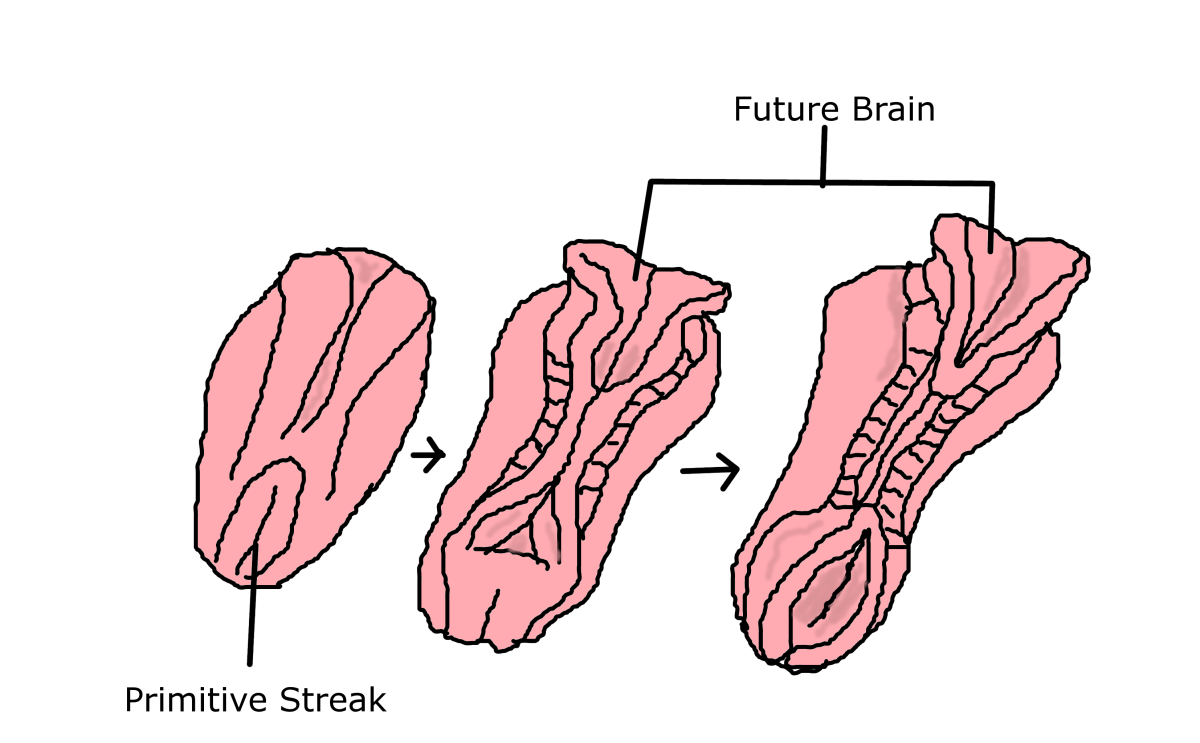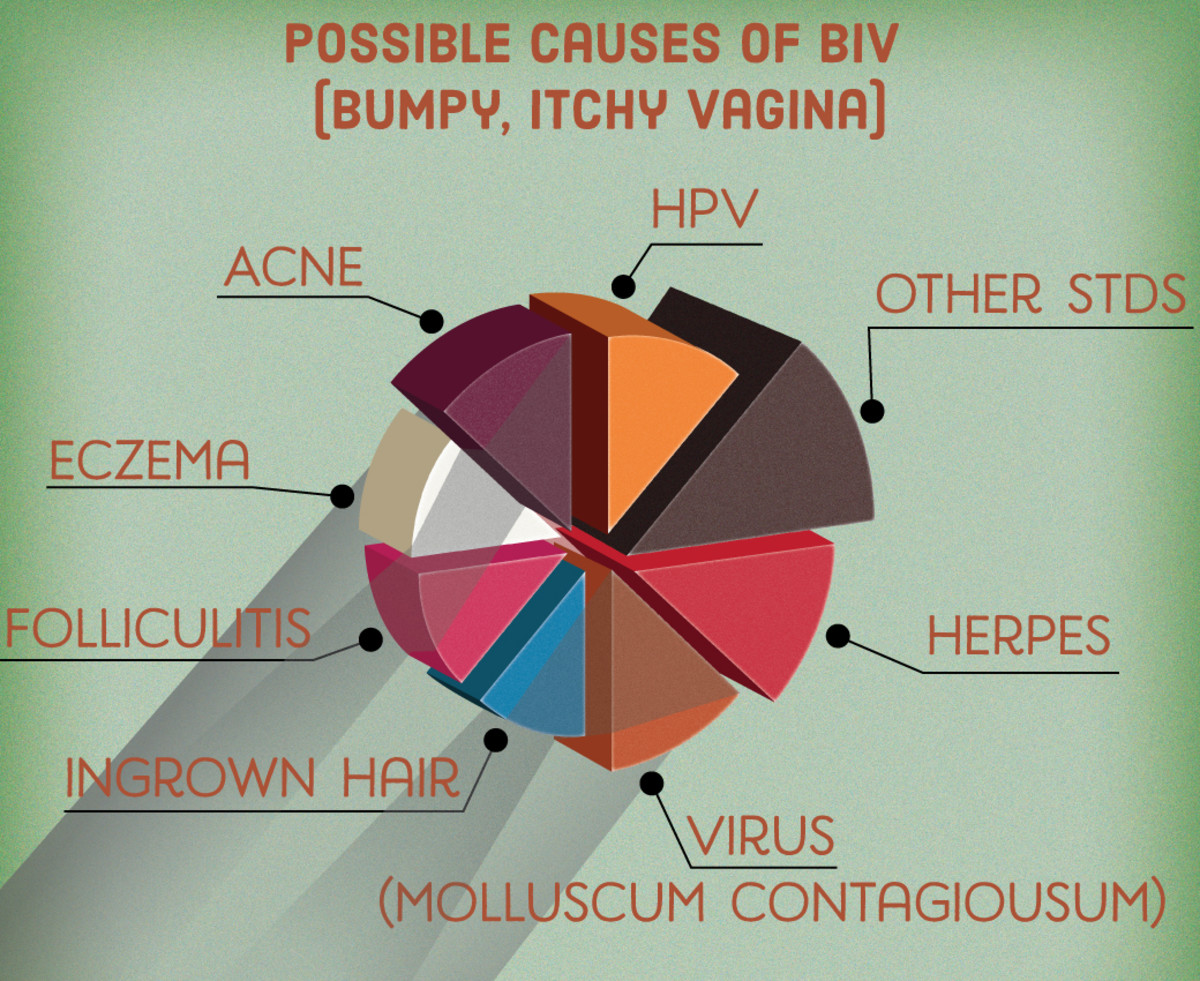The Phytoestrogen Controversy

A growing number of women and men suffer from health problems related to estrogen dominance, a type of hormone imbalance that occurs when levels of estrogen are too high in relation to levels of progesterone and testosterone. Many cases of estrogen dominance are caused primarily by xenoestrogens, man-made compounds in many pesticides, cosmetics, plastics, and other products that mimic the effect of natural estrogen in the body. However, there is a great deal of controversy in the medical and scientific communities about a second type of "fake" estrogen: phytoestrogens.
Unlike xenoestrogens, phytoestrogens are naturally occurring plant estrogens. They tend to have a much weaker effect on the body than xenoestrogens (perhaps because humans coevolved with many of the food plants that produce them) and for that reason, many researcher believe that they can help reduce the effect of xenoestrogens and excessive levels of natural estrogen in the body by binding to estrogen receptors, blocking stronger estrogens from doing the same and causing them to be excreted as waste estrogen in urine. Other researchers, however, believe that phytoestrogens still act enough like stronger estrogens to exacerbate estrogen dominance or affect estrogen-sensitive diseases such as certain breast cancers.
Studies remain inconclusive about the effects of phytoestrogens on many diseases. For example, the low incidence of breast cancer among Asian women, who consume lots of phytoestrogens through soy products, is often considered to be evidence that phytoestrogens help protect against breast cancer. However, it is uncertain how much is due to the comparatively low fat diets and active lifestyles of many Asian women, their lower exposure to xenoestrogens, and other factors. It is also possible, since Asian women have been consuming soy products for thousands of years, that they may have evolved to utilize the beneficial aspects and/or resist the harmful aspects of phytoestrogens more effectively than other ethnicities.
Phytoestrogen Foods
There are three most common types of phytoestrogens in human food plants are isoflavonoids, lignans, and cousestans.
Phytoestrogens occur in many, many common foods, including:
- soy products, including tofu, miso, soymilk, soy-based infant formulas, soybean oil, and more (soy sauce does not contain significant quantities of phytoestrogens)
- coffee and tea
- nuts
- oil seeds, such as flax, sesame, and sunflower
- grains, especially wheat germ
- beans and legumes
- garlic and onions
- carrots
- wine, especially red wine
- cruciferous vegetables, such as cabbage and broccoli
- berries
- some fruits, including apples, peaches, and watermelon
- alfalfa and clover sprouts
As you can see, cutting phytoestrogens entirely out of your diet would be impossible and counter-productive, especially since animal products often contain high levels of harmful xenoestrogens due to the growth hormones they are fed.
Additionally, most of these foods contain significant other health benefits that should not be ignored. For example, many foods high in phytoestrogens are also high in dietary fiber, including whole grains, beans and legumes, some soy products, and most fruits and vegetables. One of the functions of fiber in the body is to bind to waste estrogen and remove it from the body, lowering estrogen levels.
Tips for Getting the Most From Phytoestrogens
- Eat a balanced diet. Phytoestrogens that occur naturally in food generally have little health risk and many benefits. Foods such as whole grain breads, bean and legume soups, and fresh or lightly cooked fruits and vegetables are among the cornerstones of a healthy diet. Traditional fermented soy products such as tofu and miso are also considered healthful and generally beneficial. However, heavily processed foods, especially soy products such as soybean oil and soy milk, may have more concentrated phytoestrogens and therefore greater risk of health problems.
- Avoid phytoestrogen supplements, unless specifically recommended by your doctor. Phytoestrogen supplements are concentrated phytoestrogens, sometimes prescribed to relieve menopause symptoms. However, due to their concentrated form, they carry greater risk than dietary phytoestrogen.
- Be wary of soy-based infant formulas. If breast-feeding is not an option and your baby is lactose intolerant, soy formula may be your best choice. However, infants and children are more susceptible to endocrine disruption than adults, and receive much more concentrated doses of phytoestrogens from soy-based formulas because it may be the only food they consume for several months, and remain a significant source of nourishment well into the second year of life.
Remember, if you have or are at high risk of getting an estrogen-sensitive disease, consult with your doctor about phytoestrogens.
And don't forget to take other actions to maintain a healthy hormone balance. Exercise regularly, drink plenty of water, and eat a high fiber diet. Drink in moderation - even a single glass of wine a day can reduce your body's ability to properly regulate estrogen levels. Reduce your exposure to xenoestrogens by avoiding foods that have been heated in plastic, switching to organic foods, cosmetics, and household cleaners, and using natural pest control methods in your home and garden.
Learn More
- e.hormone | Phytoestrogens
e.hormone is dedicated to helping the public remain at the cutting edge of endocrine disrupter research. - Phytoestrogens and Breast Cancer
The Program on Breast Cancer and Environmental Risk Factors at Cornell University provides science-based information on breast cancer and environmental risk factors.
More Women's Health Articles
Do you suffer from menstrual cramps? Learn how phytoestrogens can relieve your cramps - or make them worse - in 20 Ways To Relieve Menstrual Cramps.





